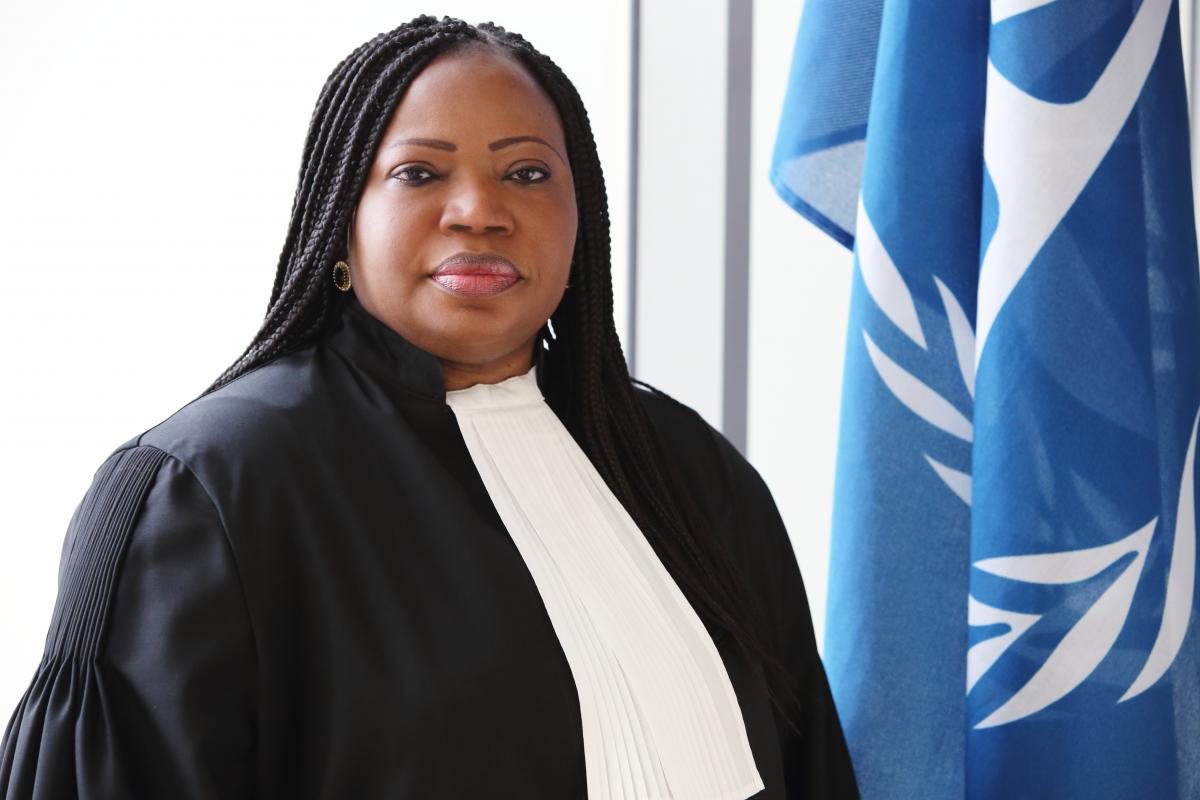Statement of ICC Prosecutor, Fatou Bensouda, on opening a Preliminary Examination concerning the alleged deportation of the Rohingya people from Myanmar to Bangladesh

Since the end of 2017, my Office has received a number of communications and reports concerning crimes allegedly committed against the Rohingya population in Myanmar and their deportation to Bangladesh.
The review of these communications, which constitutes the first phase of my Office's preliminary examination activities, shed light on a preliminary legal issue concerning the jurisdiction of the International Criminal Court ("ICC" or "the Court"), which I deemed appropriate to bring to the attention of the Court's judges. Having received confirmation from the Judges of Pre-Trial Chamber I that the Court may indeed exercise jurisdiction over the alleged deportation of the Rohingya people from Myanmar to Bangladesh, as well as potentially other crimes under article 7 of the Rome Statute, I have decided to proceed to the next phase of the preliminary examination process and to carry out a full-fledged preliminary examination of the situation at hand.
While Myanmar is not a State Party to the ICC, Bangladesh is. The Court may therefore exercise jurisdiction over conduct to the extent it partly occurred on the territory of Bangladesh. In this context, the preliminary examination may take into account a number of alleged coercive acts having resulted in the forced displacement of the Rohingya people, including deprivation of fundamental rights, killing, sexual violence, enforced disappearance, destruction and looting. My Office will further consider whether other crimes under article 7 of the Rome Statute may be applicable to the situation at hand, such as the crimes of persecution and other inhumane acts.
A preliminary examination is not an investigation but a process of examining the information available in order to reach a fully informed determination on whether there is a reasonable basis to proceed with an investigation pursuant to the criteria established by the Rome Statute. Specifically, under article 53(1) of the Rome Statute, I, as Prosecutor, must consider issues of jurisdiction, admissibility and the interests of justice in making this determination. Every preliminary examination requires rigorous evaluation of the information available, thorough factual and legal analysis, and irreproachable assessment of the Rome Statute criteria. This is the least we owe to the victims.
In the independent and impartial exercise of its mandate, my Office also gives consideration to all submissions and views conveyed to it during the course of each preliminary examination, strictly guided by the requirements of the Rome Statute. Further, under the Rome Statute, national jurisdictions have the primary responsibility to investigate and prosecute those responsible for international crimes. In conformity with the complementarity principle, my Office will be engaging with the national authorities concerned with a view to discussing and assessing any relevant investigation and prosecution at the national level.
The Office of the Prosecutor of the ICC conducts independent and impartial preliminary examinations, investigations and prosecutions of the crime of genocide, crimes against humanity, war crimes and aggression. Since 2003, the Office has been conducting investigations in multiple situations within the ICC's jurisdiction, namely in Uganda; the Democratic Republic of the Congo; Darfur, Sudan; the Central African Republic (two distinct situations); Kenya; Libya; Côte d'Ivoire; Mali; Georgia and Burundi. Pre-Trial Chamber II is seized of the Prosecutor's request for authorisation to commence an investigation into the situation in the Islamic Republic of Afghanistan. The Office is also conducting preliminary examinations relating to the situations in Colombia; the Gabonese Republic; Guinea; Iraq/UK; Palestine; the Philippines; Nigeria; Ukraine; and Venezuela.